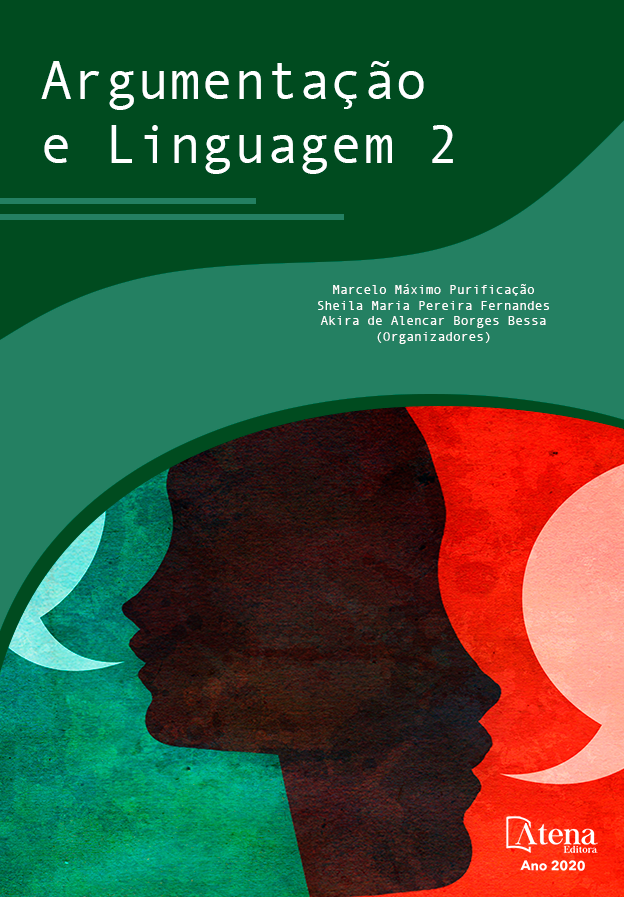
PENSAMENTO COMPUTACIONAL E FORMAÇÃO DE PROFESSORES NA ÁREA DE LINGUAGEM: PERSPECTIVAS PARA CURSOS DE LICENCIATURA
Diferentemente de uma concepção de “ferramentas a serem dominadas”, é crucial que cursos de licenciatura incorporem uma articulação teórica e metodológica sobre o papel das TDIC no processo pedagógico e na formação de professores, como investigado no Grupo de Pesquisa Mongaba: educação, linguagens e tecnologia. A pesquisa realizada, e que é relatada em uma de suas dimensões neste texto, busca a sistematização e elucidação de elementos teóricos e epistemológicos ligados à tecnologias e educação, para que se tenha, nos cursos de licenciatura, parâmetros diferenciados que integrem efetivamente tais questões ao processo pedagógico e não como algo a parte. Com o objetivo de constituir um arcabouço teórico em torno da relação tecnologias e educação, com ênfase na formação de professores de línguas, mas não exclusivo a esta área, buscamos articular conceitos até então timidamente apresentados no Brasil, como “pensamento computacional” (Wing, 2006) e “TPACK” (Mishra e Koehler, 2006). A pesquisa envolveu análise de artigos, dissertações e teses obtidos no portal de periódicos da Capes e no software de compartilhamento de artigos Mendeley. Resultados preliminares apontam a necessidade de inserir, ainda na formação docente, questões relacionadas não apenas “sobre” o uso das TDIC, sob uma perspectiva instrumental, mas sim de modo integrado a tais instrumentos, com respaldo teórico, conceitual e epistemológico. Este processo concebe uma integração não apenas sob a ótica do mercado de trabalho, mas de inovação em educação como um processo consciente e coletivo, que, a partir do estudo, reconhecimento cultural e epistemológico das questões construídas e transmitidas por gerações passadas, possam ser significadas diante de novos contextos.
PENSAMENTO COMPUTACIONAL E FORMAÇÃO DE PROFESSORES NA ÁREA DE LINGUAGEM: PERSPECTIVAS PARA CURSOS DE LICENCIATURA
-
DOI: 10.22533/at.ed.43620250912
-
Palavras-chave: TDIC; formação de professores de línguas; pensamento computacional; TPACK
-
Keywords: DICT; language teacher education; computational thinking; TPACK.
-
Abstract:
Unlike a concept of “tools to be mastered”, it is crucial that undergraduate courses incorporate a theoretical and methodological articulation on the role of DICT in the pedagogical process and in teacher education, as investigated in the Mongaba Research Group: education, languages and technology. The research carried out, which is reported in one of its dimensions in this text, seeks to outline and elucidate theoretical and epistemological elements linked to technologies and education, so that, in the undergraduate courses, there are different parameters that effectively integrate such issues to the pedagogical process and not as something apart. With the purpose of organizing a theoretical framework around the relationship between technologies and education, with emphasis on the language teachers’ education, but not exclusive to this area, we seek to articulate concepts hitherto shyly presented in Brazil, such as “computational thinking” (Wing, 2006) and “TPACK” (Mishra & Kehler, 2006). The research involved analysis of articles, dissertations and theses obtained from Capes' journals portal and Mendeley's article sharing software. Preliminary results point out the need to insert, still in teacher education, questions related not only “about” the use of DICT, from an instrumental perspective, but in an integrated way to such instruments, with theoretical, conceptual and epistemological support. This process conceives an integration not only from the perspective of the labor market, but of innovation in education as a conscious and collective process, which, from the study, recognition of cultural and epistemological questions developed and transmitted by past generations, can be signified in the face of new contexts.
-
Número de páginas: 13
- Denilson Rodrigues da Silva
- Fabiana Diniz Kurtz da Silva


